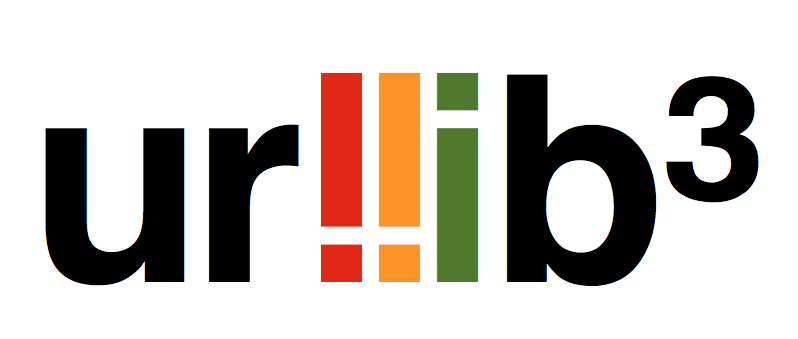
I spent the last five days working full-time on urllib3, currently the most downloaded Python package, and a dependency of requests. I can’t believe I’m writing this sentence! But it’s true. A dream come true. This was made possible thanks to:
- the urllib3 sponsors,
- Andrey Petrov who works hard behind the scenes to make this work
- Seth M. Larson, which reviewed many of my pull requests, including all the recent ones
I can’t thank them enough!
Before explaining my work, let me share my urllib3 story. I’ve been working on urllib3 in my spare time for nearly two years now, in order to make it work in various async contexts (asyncio, trio, Twisted...). This work naturally broke many tests, and I spent a lot of time fixing them! As a result, I’ve become very familiar with urllib3’s test suite, and submitted a number of improvements upstream when it made sense. During that time, I got the opportunity to fix the Windows CI, to fix our test TLS intermediate certificates for macOS 10.13, and helped to migrate from unittest to pytest. And also fixed many other small things.
There were other problems in the test suite, sadly I never got around to fixing them because of lack of time and energy. But I recently had the opportunity to spend five days full-time to fix those issues! My experience with the test suite allowed me to have real impact. Here’s what I did.
Test timeouts
For each commit, we run about 1k tests in various operating systems (Linux, Windows, macOS), Python implementations (CPython and PyPy) and Python versions (Python 2.7 and five Python 3 versions). So that amounts to about 20k tests for each commit or pull request. That’s a lot of opportunity to get failures! Especially on CI environments where execution is sometimes really slow. As a result, we often receive pull requests that fail for those wrong reasons, and spend a lot of time trying to figure which failures are false negatives. I submitted a number of pull requests here:
- #1717 unifies timeouts values to use larger values in CI and improves various tests
- #1718 retries failed tests once
- #1711 removes an arbitrary value in an existing test
- #1729 fixes a flaky test timeout
Test TLS certificates
Our test TLS certificates are stored in the opaque PEM format and it’s hard to make them evolve to use more recent best practices. For example, we use 1024-bit RSA keys when some operating systems now require 2048-bit keys. The consequences are real: I just noticed that the macOS SecureTransport tests no longer work on macOS 10.15 Catalina because of this, which means we won’t be able to test from this operating system until this is fixed.
There are a number of details to worry about when generating certs, and it’s not easy to find the correct OpenSSL incantations to fix our many existing blobs to adhere to the latest best practices. This is why I worked towards generating certificates from Python code using the trustme library: this decouples the parts we actually want to specify like the hostname of the certificate from the low-level decisions such as the length of the key. We can delegate the latter decisions to trustme, a library which works well with all recent operating systems and continues to evolve. The full conversion to certificates-as-code will take more time, but I did make progress here:
- #1721 removes certificates that we no longer use
- #1722 removes a directory full of hardcoded certificates
- #1725 generates client certs using trustme (which required importing our root CA in trustme)
Test coverage
I brought our code coverage back to 100% in #1726, which uncovered a bug in the way we parse URLs. I also provided instructions in #1727 to help us notice pull requests that lower our coverage.
Code review
I also took advantage of the large chunks of concentration I had to review two pull requests:
- #1715 where I wrote a test which allowed us to merge the bug fix
- #1679 took me about a day but I believe my comment will help us understand how this pull request fits in the existing proxy support
Conclusion
And finally, I opened many small pull requests to fix various little issues: #1712, #1713, #1716, #1719, #1720, #1723 and #1728.
All in all, those five days were incredibly productive, and I’m happy that I was able to put the urllib3 test suite in better shape. All those small things will make it easier for future contributors to continue improving urllib3 for the many years to come! I’m proud to be part of this community.
I'm on Mastodon!